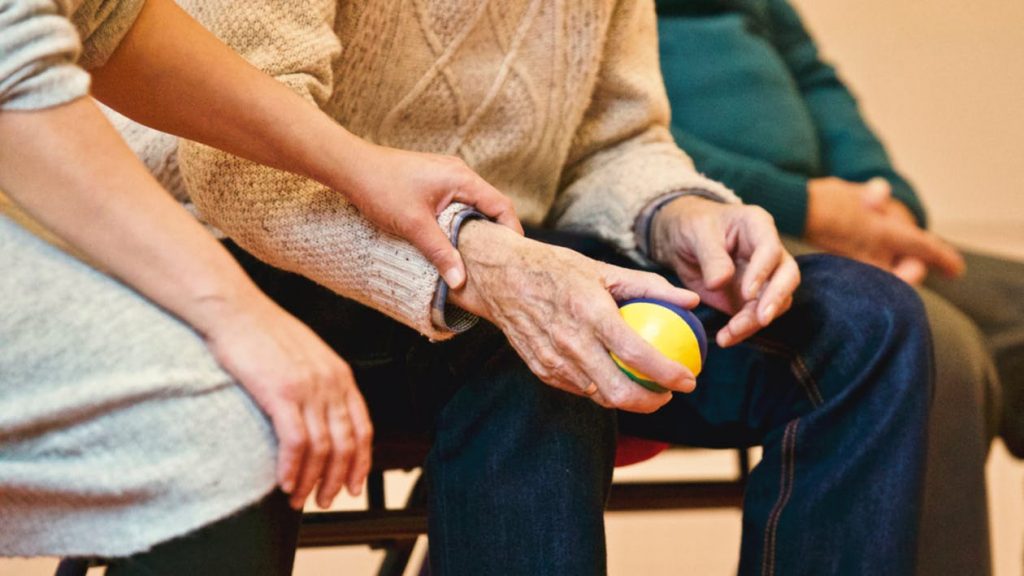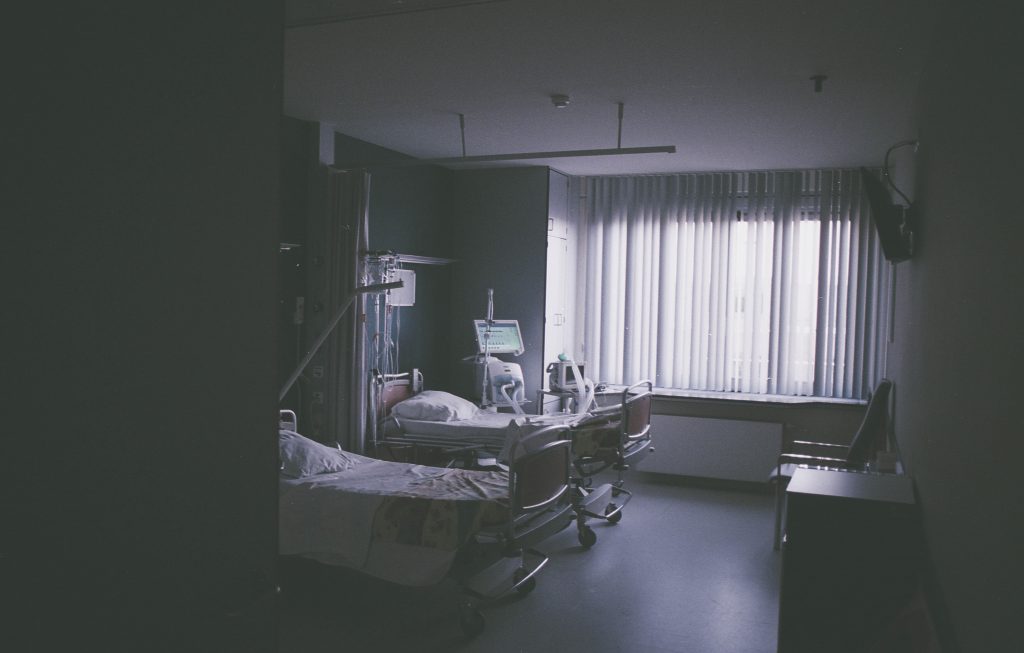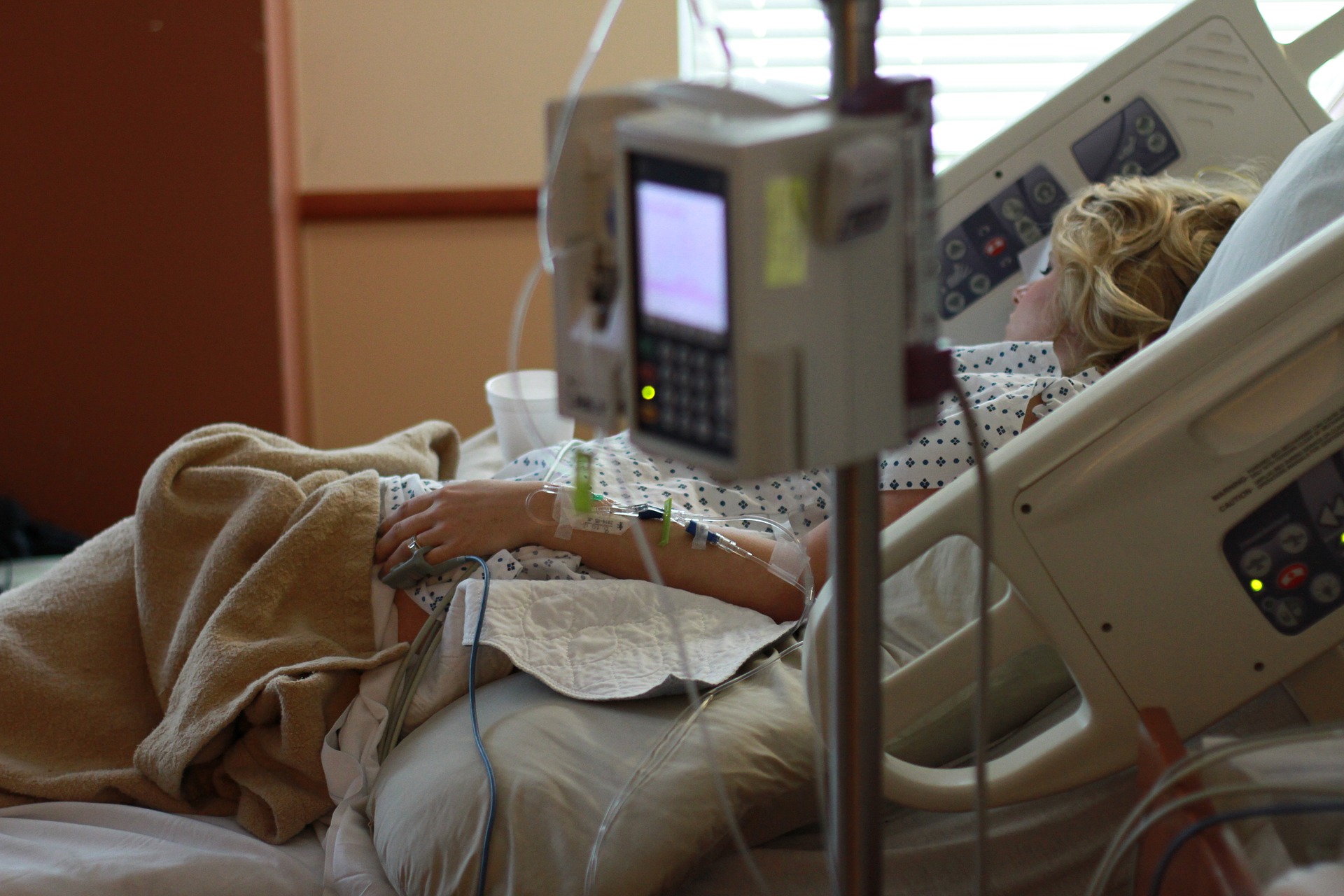Doctors and relatives of patients with severely debilitating conditions will no longer have to seek court approval to end life-supporting treatment after a significant new judgment in the Court of Protection.
The ruling means that in cases where all appropriate medical guidelines have been observed, there is no requirement to follow a lengthy legal process to allow the patient the right to die.
Previously, the withdrawal of treatment had required the consent of a judge.
What Happened In This Case?

Stock Image Credit: Pexels
Judge Peter Jackson made the ruling in a case involving a woman only identified as “M”. She had Huntington’s Disease, a disorder affecting the nerve cells in the brain which has a severe effect on her quality of life and also gets progressively worse.
Even though the patient’s family and doctor were in agreement, they were forced to go to court to get approval to end treatment, costing more than £3,000 in legal fees.
The patient was said to have been in a ‘minimally conscious’ state. When the application was submitted in April, she had shown no signs of awareness for 18 months.
The application was granted and, after the withdrawal of her treatment, she died in August, aged 50. However, the ruling, which has only just been published, also argued the case should not have come to court in the first place.
The decision could lawfully have been taken by her treating doctors, having consulted with her family
Judge Peter Jackson
“The decision about what was in M’s best interests is on that could lawfully have been taken by her treating doctors, having fully consulted with her family and having acted in accordance with the Mental Capacity Act and with recognised medical standards,” concluded Judge Jackson.
“There was no statutory obligation to bring the case to court … A mandatory litigation requirement may deflect clinicians and families from making true best-interests decisions and in some cases lead to inappropriate treatment continuing by default.
“Indeed, the present case stands as an example, in that M received continued CANH that neither her doctors nor her family thought was in her best interests for almost a year until a court decision was eventually sought.”
How Will This Affect Other Cases?
 Image Credit: Daan Stevens / Unsplash
Image Credit: Daan Stevens / Unsplash
The right to die is a particularly tricky area of our human rights. While the Human Rights Convention protects our right to life, it doesn’t talk about any rights to die.
As such, it’s a frequently debated area of law, with cases frequently brought before the courts. For example, terminal patient Noel Conway has requested to end his life “on his own terms” before his condition gets worse, something which currently can’t be done in the UK. Non-terminal patients have also brought cases to the court too, arguing the laws surrounding assisted suicide should be changed.
This case won’t affect patients who want to make their own decisions about assisted suicide though – only those in England and Wales in a vegetative or minimally conscious state. Even then it would require both family and doctors to agree it is in their best interests.
There are currently over 100 people in the UK who have been declared minimally conscious for more than six months.






